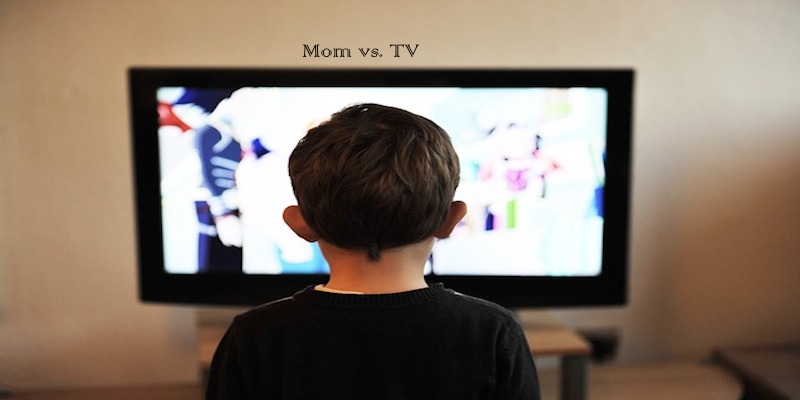When it comes to our kids, we want nothing more than for them to grow up to be honest, successful, smart, and moral. We, as parents, jump through various hoops to facilitate this ideal the best we can. Although kids don’t come with manuals, we have experiences of our own, and of others, help guide us through all the rough decisions. For example, our own experience, elementary school science classes, and the tone of our parents’ voices ringing in our ears tell us that we probably shouldn’t allow our kids to run with scissors. However, there are a ton of decisions that parents have to make that may not be so cut and dry.
One example of this is TV privileges. Some parents let their kids watch TV programs all day long. Some parents don’t let their kids watch TV. Other parents have a researched and studied time limit set for their children’s TV usage. When it comes to the programs on TV, this is where things get gray. While there are some easy decisions in this concept, like not letting a 3-year-old watch Friday the 13th, there are many programs that seem to ride the line of two sets of moral compasses. For instance, Harry Potter is an ultra-famous movie that generally sits in the “family/kids” movie section of your local movie store. However, there are two very opposing sides to the parenting argument, when it comes to this movie. Some parents are fine with their children watching these films because they are known to be family friendly movies. Others don’t want their children seeing magic, or feel that it may be too violent for their kids.
Making this decision requires a bit of reflection. It is crucial to, first, look at the maturity level of your child. This is obviously how you determine what he/she can or can’t handle. Also, though, you should look at the desensitization factor. Modern psychology has several varying theories on this subject, but all seem to agree on one particular item; too much is too much. What this means is that desensitizing your child to extremely violent films can cause the development of violence in a child’s personality. While this may have been desirable for a child of Attila the Hun, this is probably not what today’s parents are after. At the same time, not exposing them to enough can cause an underdeveloped sense of the world, and unrealistic expectations.
Once you have made your decision on at least some of these and the multitude of other programs, you should look into program monitoring. Almost all cable and satellite TV providers offer some sort of parental controls. Also, smart TVs generally have them too. You just have to find the ones that work best for you and your family. For example, Direct TV may offer the ability to monitor and control programs within various channels, while another provider may only allow the control of the channels themselves. This can be applied, and considered, when looking at certain cartoon channels. There are cartoon channels that have great shows for kids during the day, and then adult only shows at night. Some of these TV providers or smart TVs may allow you to shut that channel off at a certain time, rather than having to leave it off or on for good.
There are also these control and monitor programs for modern computers. This is probably a good idea to look into as well, as more and more of the workings of our society are geared towards computers. You will want your kids to know how to use one proficiently. However, you don’t want dirty ads or sites popping up in the middle of your kid’s typing lesson. Technology evolves to make people’s lives easier and better. Use it to your advantage. Be glad for the gifts that the human race is capable of producing, as many of these gifts will be used by your kids in the future. Above all, make decisions in your children’s lives. Don’t be a bystander. Take control, and do everything you can to make sure that their greatest potential is always attainable.
Reader Response:
How do you decide which TV programs are right for your child?

